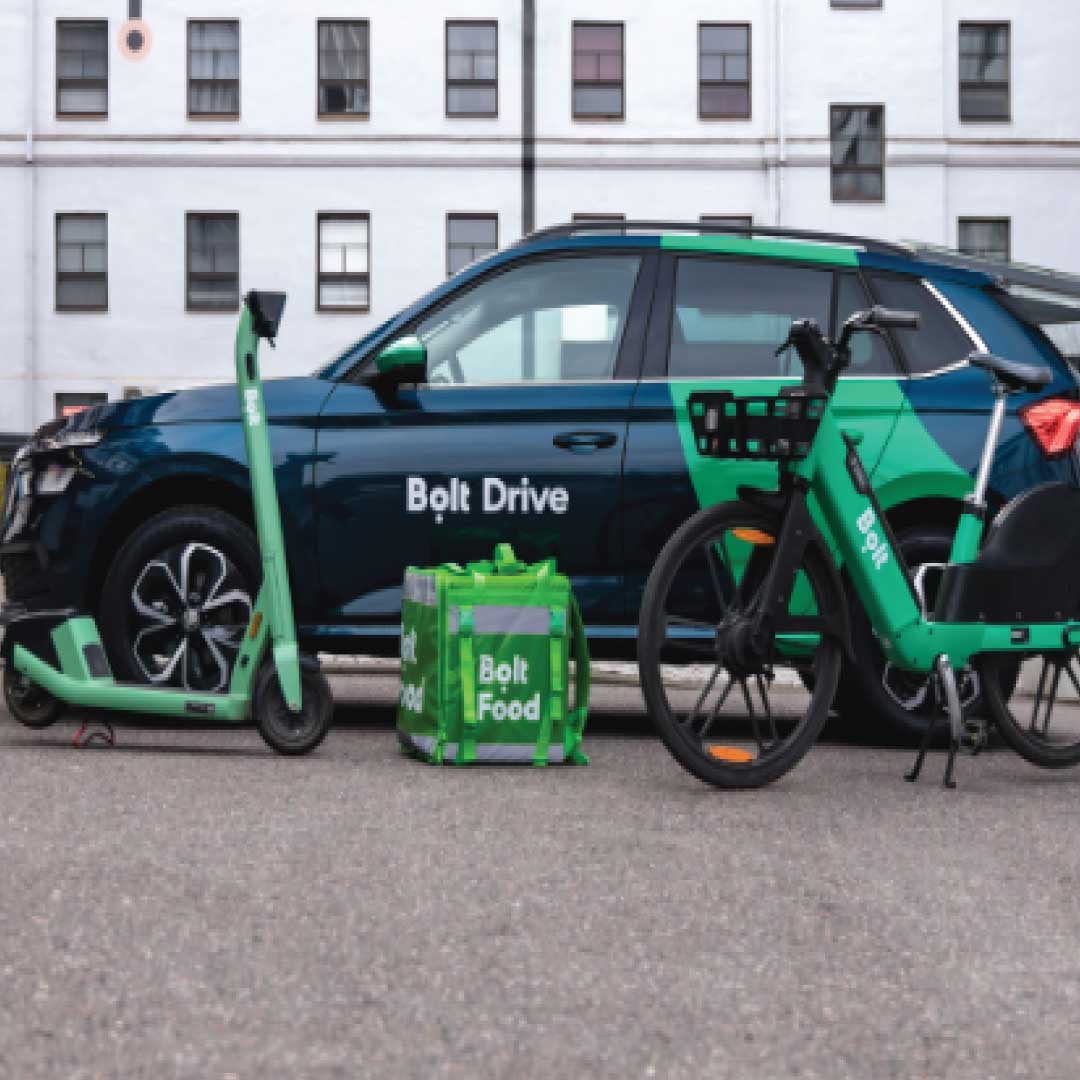Tanzania’s Land Transport Regulatory Authority (LATRA) increased service order fees by 15% in April, which caused Uber to consider leaving the country. Last week, however, the company confirmed it would maintain its service in the country and reversed its exit decision.
Over 10,000 drivers would be affected if Bolt’s decision to suspend service on Tanzania’s mainland was not halted, according to the company, which operates in seven African markets.
Bolt’s services are used by more than 30 million people in 35 countries across Europe and Africa, including everything from ride-hailing to e-scooters to electric bikes to food and package delivery.
What Is The Impact of The Order Service Fee On Bolt?
The increase in service order fees implies that Bolt will have to pay more in tax.
Before the decision to continue its service in the country, Bolt, which charges its merchants a 20% commission said If nothing changes it will shut down its automobile category.
Read Also : Twiga, Expands Operations in Kenya With Twiga Fresh
Over the same issue, Uber which charges a 25% commission suspended its activities in the country, but it stated that it will resume business in the East African country if the circumstances improve.
Our Observations
Having met with LATRA to address the issue, Bolt has now reversed its decision and is looking for other ways to resolve the situation.
Bolt Regional Manager, East Africa, Kenneth Micah said in a statement, “From the meeting, we have held, we would like to state that we have made great strides in solving this issue and look forward to a speedy resolution.
“Bolt would like to reiterate that it is committed to continuing offering ride-hailing services in the Tanzanian market and creating entrepreneurial opportunities that enable more people to earn a sustainable living”.
Bolt remains optimistic that its engagements with relevant parties, including LATRA, would result in a favorable reassessment of rules on ride-hailing rates and commission caps.
What LATRA Is Saying
Ride-hailing pricing has recently been reviewed by LATRA and now includes the maximum distance (per kilometer) rate as well as a percentage commission.
As a result of the new regulations, LATRA expects ride-hailing services to limit the number of “dead kilometres” — the distance that drivers must travel to pick up a passenger — and to give away for passengers to “hear” drivers when they have concerns about their service.
Because fuel prices have risen, the authority has also increased the per-kilometer rate for ride-hailing businesses from 450/- to 900/- and fixed a minimum fare for the service.
